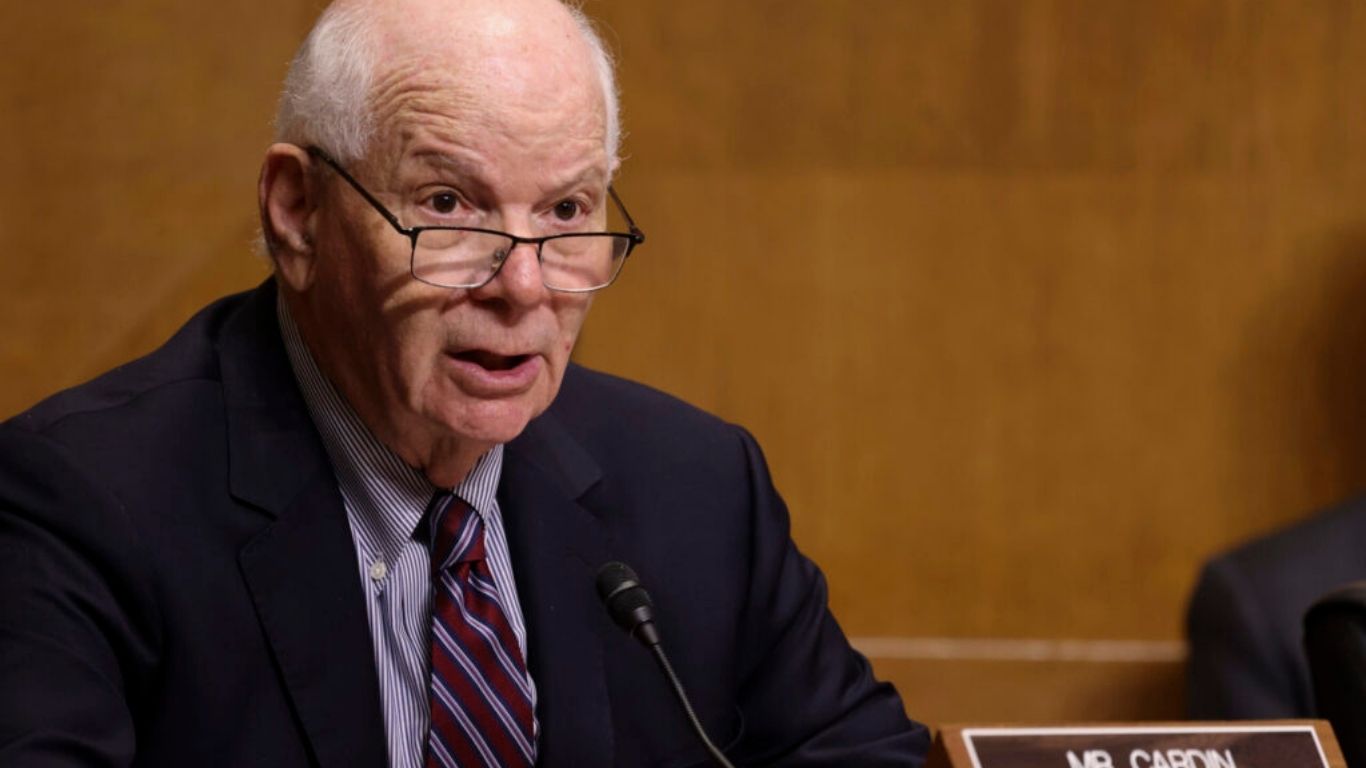In a move that can only be described as a bureaucratic shell game, President Donald Trump has decided to transfer the management of the federal student loan portfolio—a colossal $1.6 trillion—to the Small Business Administration (SBA). This decision comes hand-in-hand with plans to dismantle the Department of Education (DOE), effectively scattering its responsibilities to the winds. One can’t help but wonder: Is this a masterstroke of administrative efficiency or a prelude to chaos?
The Grand Announcement
On March 21, 2025, President Trump, with his characteristic flair, announced that the SBA, under the leadership of Kelly Loeffler, would take over the federal student loan system. “I’ve decided that the SBA, the Small Business Administration, headed by Kelly Loeffler, will handle all of the student loan portfolio,” Trump declared, as if reallocating office supplies rather than the financial futures of millions.
A Square Peg in a Round Hole
The SBA’s primary mission has always been to support small businesses, not to manage a labyrinthine student loan system. This abrupt pivot raises several red flags:
- Lack of Expertise: The SBA’s experience lies in business loans, not educational financing. Managing student loans requires a distinct set of skills and knowledge, which the SBA currently lacks.
- Resource Constraints: With the SBA planning to slash 43% of its workforce—approximately 2,700 jobs—as part of a reorganization, it’s puzzling how the agency intends to take on this massive new responsibility.
The Fallout for Borrowers
For the 43 million Americans saddled with federal student loans, this bureaucratic reshuffling could spell disaster:
- Service Disruptions: Transitioning the management of such a vast portfolio is no small feat. Borrowers may face interruptions in services, leading to confusion and potential financial penalties.
- Policy Uncertainty: The DOE has established programs like income-driven repayment plans and Public Service Loan Forgiveness. It’s unclear how—or if—the SBA will maintain these initiatives, leaving borrowers in a state of limbo.
Expert Opinions: A Chorus of Concern
Financial experts and advocates are sounding the alarm:
- James Kvaal, president of The Institute for College Access & Success, minced no words: “Transferring the federal loan portfolio to the SBA is a recipe for disaster, putting millions at risk.”
- Betsy Mayotte, president of The Institute of Student Loan Advisors, expressed skepticism: “The SBA is ill-equipped to handle the complexities of the student loan system. This move could lead to widespread confusion and harm for borrowers.”
A Political Power Play?
Critics argue that this decision is less about improving efficiency and more about dismantling federal oversight in education. By eliminating the DOE and dispersing its functions, the administration may be undermining federal support for public education, leaving states to fend for themselves.
Conclusion
In the grand tapestry of government restructuring, this move stands out as particularly ill-conceived. Handing over the management of student loans to an agency already undergoing significant cuts is akin to asking a drowning man to save another. The potential consequences for borrowers are dire, and the long-term implications for educational equity are deeply troubling. One can only hope that cooler heads prevail before this plan is set in motion.




